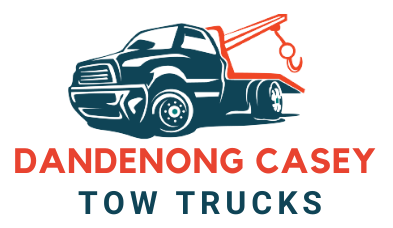Car towing can be stressful and costly, often catching drivers off guard. Whether it’s due to parking violations, mechanical failures, or expired paperwork, understanding why cars get towed can help you take steps to prevent it.
Parking Violations
Illegal parking is one of the top reasons vehicles get towed. Parking in restricted zones, such as fire lanes, loading zones, or handicap spaces without a permit, can lead to immediate towing. Additionally, parking in front of a hydrant, on private property without permission, or in time-limited spots beyond the allowed period can result in your car being removed.
To avoid this, always check for parking signs before leaving your vehicle. If you’re in doubt, use parking apps to confirm legal parking areas. Be especially cautious in tow-away zones, where enforcement is often strict.
Mechanical Failures and Accidents
If your car breaks down in the middle of a road or an intersection, authorities may tow it to clear traffic. Similarly, after an accident, if your car is no longer drivable, it may need to be towed to a repair shop or impound lot.
Regular maintenance, including oil changes, tire checks, and battery inspections, can help prevent sudden breakdowns. If your vehicle shows signs of trouble, such as warning lights or unusual noises, address them immediately to avoid an unexpected tow.
Unpaid Parking Tickets and Legal Issues
In some areas, accumulating unpaid parking tickets can result in your car being towed. Law enforcement agencies may place a boot on your car first, and if fines remain unpaid, they could tow the vehicle. Similarly, expired registration, insurance violations, or outstanding legal issues related to your vehicle can lead to towing.
To prevent this, regularly check for outstanding tickets and pay them on time. Set reminders for registration and insurance renewals to ensure your paperwork is always up to date.
Blocking Traffic or Private Property
Vehicles blocking driveways, sidewalks, or roads may be towed without warning. If a car is parked in a way that obstructs traffic flow or emergency vehicles, authorities may remove it immediately. Additionally, parking in front of a business or residence without permission can lead to towing, as property owners have the right to call for removal.
When parking, make sure your vehicle is not obstructing any entrance, driveway, or public roadway. Avoid double parking or leaving your car in a space where it may inconvenience others.
Abandonment and Long-Term Parking
Leaving your car in one place for an extended period without moving it can lead to towing. If your vehicle is deemed abandoned, authorities may remove it, especially in high-traffic areas or residential neighborhoods.
If you need to leave your car parked for a long time, consider using a secure parking facility or informing the appropriate authorities. Moving your car periodically can also help prevent it from being mistaken for an abandoned vehicle.
Conclusion
Towing is often a result of preventable mistakes such as illegal parking, unpaid fines, mechanical failures, and expired paperwork. By staying informed about parking regulations, keeping up with vehicle maintenance, and ensuring all legal requirements are met, you can significantly reduce the chances of having your car towed. Taking these precautions can save you time, money, and unnecessary stress.
Contact Us
Dandenong Casey Tow Trucks
50 Fitzgerald Road
Hallam VIC 3803
(03) 7042 2011


Recent Comments